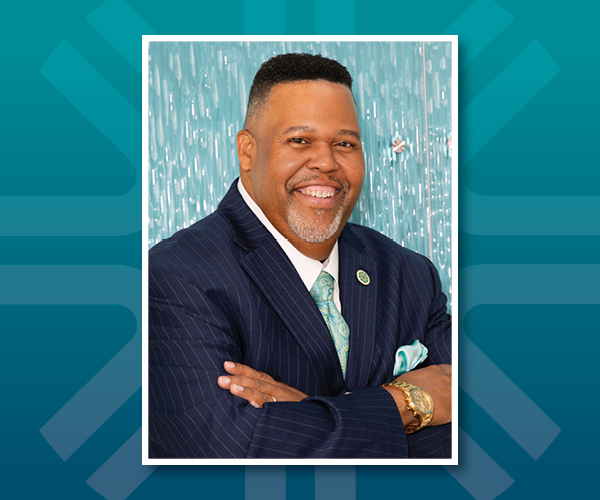Tri-C President: Multi-Pathway Model Redefines Community College Education
Michael A. Baston outlines a lifelong learning strategy that meets students where they are and fuels Northeast Ohio's workforce
 Amid a rapidly shifting economy where workers will change careers multiple times, the future of higher education will depend on institutions understanding that learning doesn't stop at graduation.
Amid a rapidly shifting economy where workers will change careers multiple times, the future of higher education will depend on institutions understanding that learning doesn't stop at graduation.
In an op-ed for University Business, Michael A. Baston, J.D., Ed.D., president of Cuyahoga Community College (Tri-C®), makes the case for a bold reimagining of higher education. As career paths become increasingly nonlinear, colleges must evolve from degree-centric institutions into lifelong learning partners, he writes.
"We've fully embraced this reality by creating a multi-pathway strategy that supports learners at every stage of life, preparing them not just for today's workforce but for tomorrow's possibilities," Baston said. "For decades, higher education operated under a relatively linear model: earn a degree or credential, step into the workforce and build a lifelong career. This model no longer reflects reality."
Tri-C's multi-pathway strategy is designed to support learners from ages 11 to 88, offering credit, noncredit and workforce training programs tailored to diverse needs. The College's multi-pathway approach meets learners where they are to:
- Open doors to adult education, job readiness and foundational learning for economic independence through community-based programming.
- Deliver short-term, work-ready certifications in high-demand fields, such as health care, IT and skilled trades, via workforce training academies.
- Offer associate degrees, applied bachelor's degrees and industry-recognized, stackable credentials through our academic schools that power our regional workforce.
- Equip small business owners, entrepreneurs, corporate leaders and their teams with lifelong learning and skills development that drives growth by providing customized continuing education.
Baston explained that each pathway is designed to connect in a circular relationship in which learners, employers and Tri-C move together, with learners returning for additional training and credentials and employers working with the College to develop talent pipelines that meet their workforce needs. By offering multiple affordable pathways, Tri-C helps individuals gain the skills they need without incurring significant debt.
Baston emphasized that community colleges are uniquely positioned to respond to workforce shifts, citing Tri-C's partnerships with health care, manufacturing and IT sectors and the launch of its first bachelor's degree.
"By committing to serve learners at every stage, community colleges can become true partners in both personal growth and regional economic mobility," he said.
Read the entire column at universitybusiness.com.
October 14, 2025
MEDIA CONTACT: Anthony Moujaes, 216-987-3068 or anthony.moujaes@tri-c.edu
